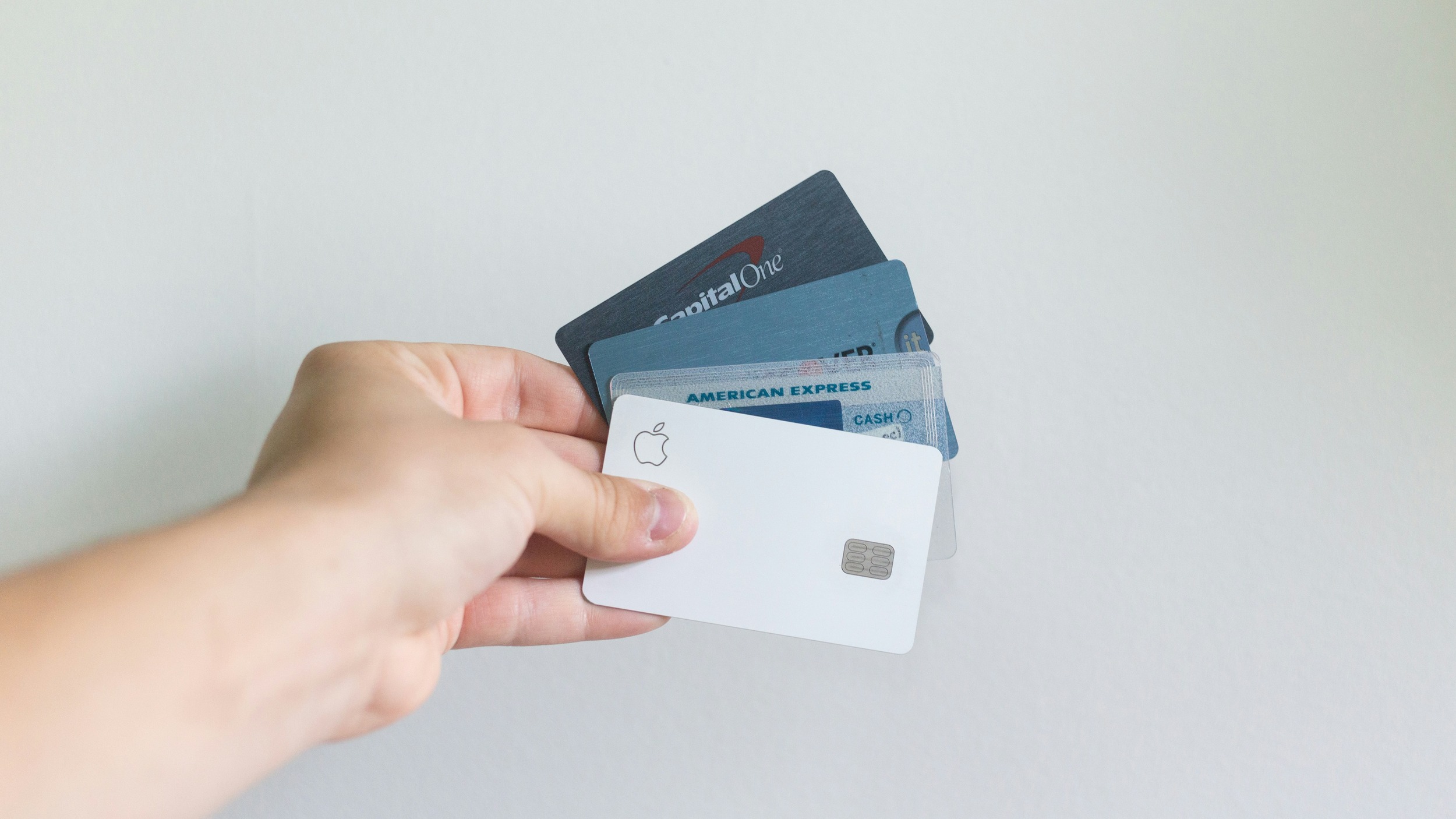It sounds like a dark joke, but it’s backed by research: more millennials say they fear credit card debt than dying. For many in this generation, the thought of carrying a mountain of high-interest debt is more terrifying than their own mortality. That’s not just anxiety. It’s a deeply rational response to a financial system that feels rigged against them.
Unlike the generations before them, millennials came of age during economic chaos: the 2008 recession, skyrocketing college costs, wage stagnation, and now the lingering fallout of a pandemic and inflation. They’ve watched traditional financial advice fail in real-time. So when a credit card bill arrives, it doesn’t just represent a payment. It represents a trap.
Let’s explore why millennials are so haunted by credit card debt and why their fear may be one of the most overlooked financial red flags of our time.
Why Millennials Are Afraid
Credit Cards Were Introduced as Lifelines, Then Became Shackles
Millennials weren’t handed wealth-building tools; they were handed survival tools with sharp edges. For many, credit cards were the only way to bridge the gap between rent and groceries, medical bills and paychecks, or job loss and job search. What started as a lifeline became a permanent fixture.
Because millennials often lacked emergency funds thanks to low wages, rising costs, and student loans, they leaned on credit cards not for indulgences but for survival. That meant balances added up fast. With interest rates often exceeding 20%, debt didn’t just grow. It exploded.
For many millennials, credit cards have become the symbol of a society that says, “You should be doing better,” while offering no practical tools to get there. It’s no wonder the fear runs so deep.
The Shame of Debt Runs Deep
Unlike past generations that carried mortgages or business loans as symbols of success, millennials have been culturally conditioned to view debt as a personal failure. Social media doesn’t help. Every scroll is a reminder of someone else’s financial glow-up, home-buying milestone, or debt-free celebration.
But when your reality is staring down a four-figure minimum payment while juggling rent and rising grocery costs, that comparison isn’t just discouraging. It’s debilitating. Millennials internalize their debt as shame, and that shame festers into fear. Fear of being judged, fear of being stuck, fear of never escaping. And since debt is often invisible to others, they carry it silently.
They Watched the Economy Collapse…Twice
Millennials entered adulthood during the Great Recession and were still climbing out when COVID-19 hit. Many lost jobs, had job offers rescinded, or settled for underpaid work that left little room to save.
These weren’t lazy choices—they were survival decisions in a collapsing economy. And yet, financial institutions never stopped offering credit. When jobs disappeared and bills piled up, plastic became the only option. But unlike previous generations who used credit cards to supplement lifestyles, millennials used them to survive.
This generational trauma left a lasting impression. Credit cards didn’t feel like financial tools. They felt like time bombs.
Student Loans Set the Stage
It’s impossible to understand millennials’ fear of credit card debt without acknowledging the student debt crisis. Many entered adulthood already tens of thousands of dollars in debt before they ever swiped a credit card.
Student loans normalized high debt early on, but with one critical difference: at least student loan debt had some long-term justification. Credit card debt, by contrast, feels like a black hole. It’s fast, unforgiving, and accumulates interest at a pace that feels impossible to overcome.
Having both types of debt—education and consumer—creates a mental load that breeds financial paralysis. The fear isn’t irrational. It’s the product of living with multiple competing financial burdens and being blamed for all of them.
Minimum Payments Are Psychological Traps
Credit cards are designed to keep people in debt. The minimum payment structure ensures that borrowers will stay on the hook for years, sometimes decades, paying mostly interest while barely touching the principal. Millennials know this. They’ve seen firsthand how a $2,000 balance can take 15 years to pay off if you only make minimum payments. That’s why some freeze their cards, shred them, or avoid applying altogether. This isn’t poor money management. It’s trauma-informed behavior. They’ve been burned, and they’ve learned to avoid the fire.

Financial Literacy Came Too Late
The education system largely failed to teach millennials about compound interest, predatory credit practices, or how to read the fine print on a credit card offer. Most learned the hard way—after the late fees, the interest hikes, the collections calls.
By the time financial literacy resources became trendy, many millennials were already in deep. Workshops and TikTok explainers are helpful, but they can’t reverse the damage that systemic neglect created. Millennials are financially cautious not because they don’t understand credit but because they’ve come to understand it too well, too late.
The Culture of Hustle Made It Worse
“Just hustle harder” became the millennial mantra. Side gigs, freelancing, and multiple income streams were sold as solutions to crushing debt. But burnout doesn’t pay down interest.
Many millennials took on extra work, only to find that inflation, rising rents, and health care costs ate up the gains. The hustle masked the problem but never solved it. Worse, the pressure to appear successful online kept many spending to keep up. Now, they carry the weight of debt behind the scenes, exhausted and quietly terrified.
Credit Scores Hold Their Lives Hostage
A credit score isn’t just a number. It’s access. Without good credit, you can’t rent an apartment, buy a car, or sometimes even land a job. That means any mistake—a missed payment, a charge-off—can close doors for years.
Millennials live with the knowledge that a single financial misstep could haunt them indefinitely. This pressure fuels anxiety, sleepless nights, and an ongoing fear of debt—not just because of what they owe, but because of what it might cost them in the future.
It’s Not Just Fear. It’s Fatigue
When millennials say they fear credit card debt more than death, it isn’t hyperbole. It’s the fatigue of being handed a broken financial system, told to work harder, and blamed for the fallout. The fear isn’t rooted in ignorance. It’s rooted in experience. They’ve done the math, run the projections, made the payments, and still watched the balance grow.
Credit Card Debt Is Far More Psychological Than You Think
Credit card debt isn’t just a financial problem for millennials. It’s a psychological wound. It symbolizes everything they’ve been taught to strive for and everything they’ve been punished for trying. The fear is valid, the anxiety is real, and the system that created it must be held accountable.
This generation isn’t reckless with credit. They’re cautious, informed, and tired. And they deserve more than lectures about budgeting. They deserve policies that protect them, financial systems that empower them, and a culture that stops shaming them for simply trying to survive.
Have you ever felt more scared of credit card debt than anything else? What triggered that fear for you, and how did you deal with it?
Read More:
Good Debt vs. Bad Debt: What They Don’t Teach You in School
Millennials Are Waiting to Marry Until They’re Debt-Free—Is That Smart or Sad?
Read the full article here
















